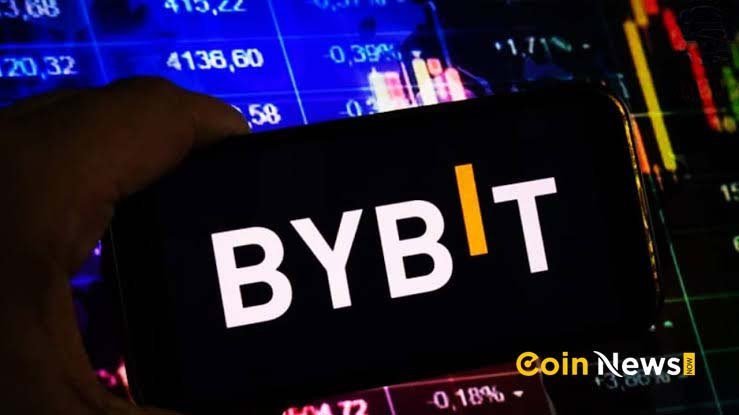Nicolas Maduro has been officially declared the winner of Venezuela’s recent presidential election, capturing 51% of the vote. This result, announced by Venezuela’s National Electoral Council, has been met with widespread skepticism and dispute from opposition groups who claim the election was fraught with irregularities and manipulation. The results are based on counting from 80% of voting stations, with the remaining 20% yet to be fully tallied. This has intensified debates about the fairness of the electoral process in Venezuela, a country already grappling with severe political and economic instability.
Venezuela’s Cryptocurrency Endeavor: From Petro to Economic Hardships
In an attempt to address its deepening economic crisis, Venezuela under Maduro has embraced cryptocurrency as a strategic tool. The Petro, launched in February 2018, was designed to be backed by the country’s oil reserves and intended to stabilize the economy by providing an alternative to the hyperinflated bolívar. Maduro initially valued one Petro at $60, linking it to 3,600 bolívars. Despite these grand plans, the Petro faced numerous hurdles, including a lack of transparency, regulatory challenges, and widespread criticism.
By January 2024, the Petro had been officially retired, a move prompted by allegations of corruption and financial mismanagement. The Venezuelan government converted the remaining Petro assets into bolívars, marking the end of an ambitious but troubled experiment. Throughout 2023, Venezuela remained heavily reliant on cryptocurrencies for remittances, with blockchain analysis firm Chainalysis reporting over $461 million processed through digital currencies. Despite the government’s attempts to leverage blockchain technology, the actual use of the Petro and other state-backed digital assets remained limited, with most cryptocurrency transactions occurring through informal channels.
Global Reactions and Political Fallout: Diverse Perspectives
The global response to Maduro’s reelection has been notably divided. U.S. Secretary of State Antony Blinken expressed “serious concerns” about the election’s legitimacy, reflecting ongoing criticism from international observers about Venezuela’s democratic processes. Similarly, U.S. Senator Marco Rubio, representing Florida—a state with a large Venezuelan community—described the election as a “predictable and ridiculous sham,” underscoring concerns over the validity of the electoral results and their implications for regional stability.
In contrast, Cuban President Miguel Díaz-Canel praised Maduro’s victory, framing it as a triumph of Venezuelan resilience against foreign pressures and manipulation. Díaz-Canel’s support highlights the complex geopolitical dynamics surrounding Venezuela, where alliances and tensions play a significant role in shaping international reactions.
As Venezuela continues to navigate its political and economic challenges, the mixed global reactions to Maduro’s reelection and the troubled history of the Petro underscore the ongoing struggles of a nation trying to stabilize amidst widespread socio-economic turmoil and international scrutiny.












